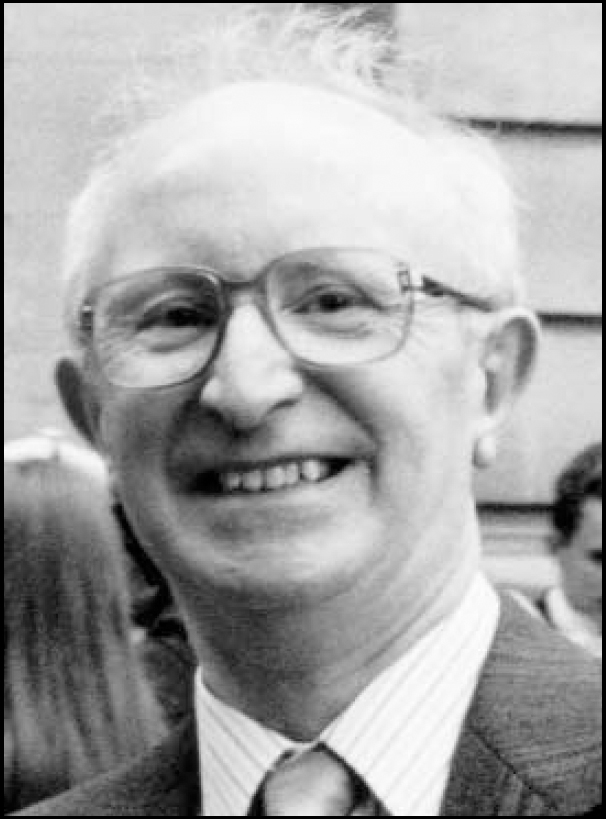Albert West died suddenly on 20 August 2001. After qualifying MBChB (1958) in Birmingham he trained in psychiatry in Manchester under Professor E. W. Anderson. In the early 1960s the Manchester School was noted for a phenomenological approach that left Albert confident and well qualified to practise as a consultant when he was eventually appointed to St Crispin in 1972. He was soon in charge of the centralised day centre and later directed the intensive treatment unit and the forensic assessment unit. He obtained the DPM in 1965, the MRCPsych in 1971 and was later elected to the Fellowship in 1985.

He was appreciated as a patient and thoughtful teacher and his calm and courteous manner and his popularity with his colleagues soon resulted in many administrative posts and the chairing of committees. A wicked sense of humour (his humorous tales of everyday mishaps, mostly against himself, brightened his colleagues' days) was underpinned by a firm religious conviction that inevitably coloured his everyday work. Above all, Albert helped people, both his patients and friends who had problems and needed advice.
He had a special interest in forensic psychiatry and following his retirement from the NHS in 1994 he continued with medico-legal work and as an adroit member of mental health review tribunals. In that work he relished exercising his logical mind and he approached this task without fear or favour.
His interests were photography and reading, but much of his free time was spent on church work. His valued friendship will be missed by many. He is survived by his wife, Margaret, and his son, Stephen.



eLetters
No eLetters have been published for this article.